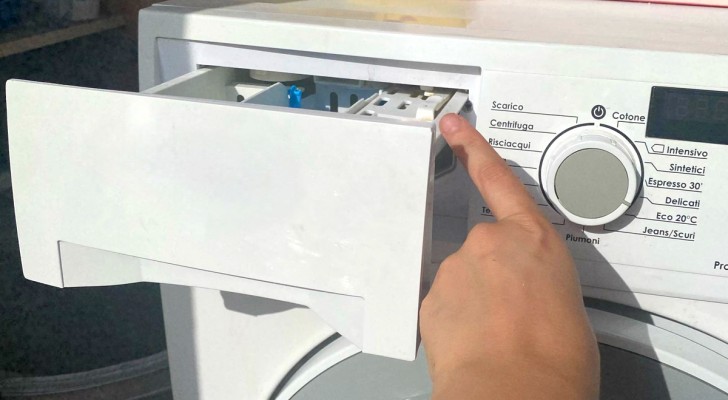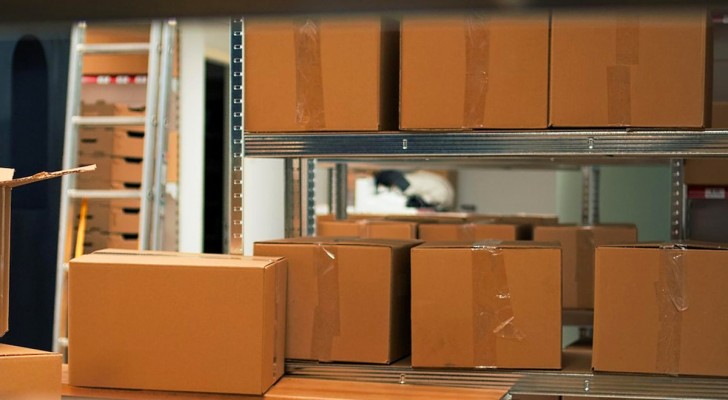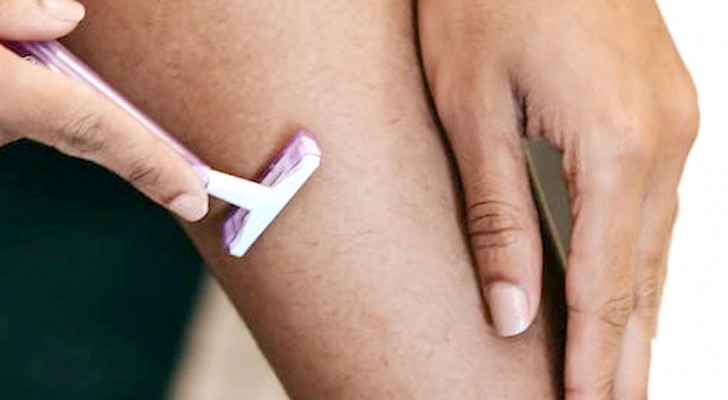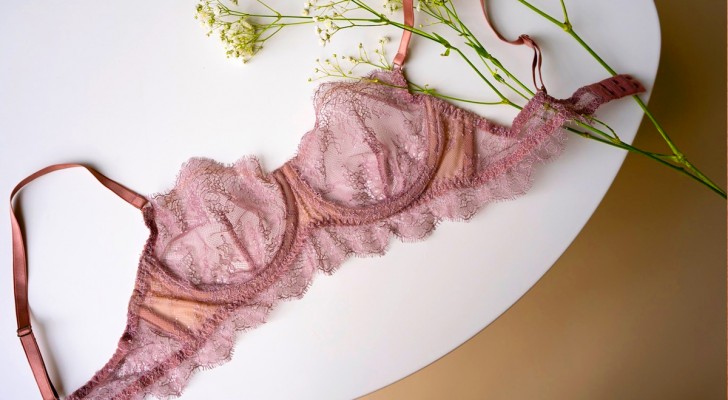Experts recommend letting children go barefoot for as long as possible --- here's why!
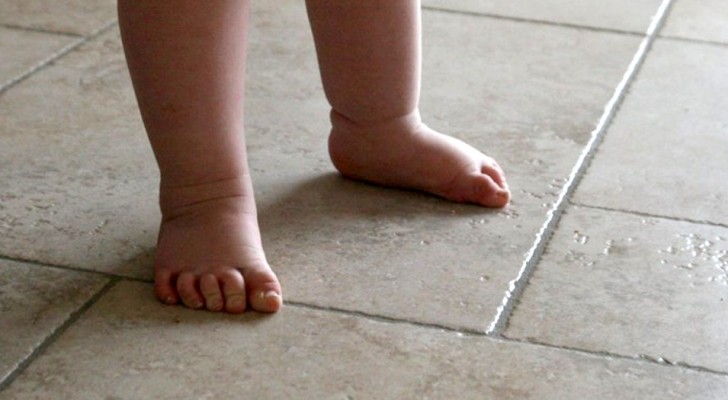
It is a common thing nowadays to see parents act in an excessively protective way towards their children.
Admittedly, it is difficult to analyze if today, it is actually right for parents to adopt such behavior by virtue of the increased risks to which children are exposed, but there are some habits that objectively have little reason for existing.
One example is the desire to make even the youngest babies wear shoes. This seems to be less an issue of security and more a matter of fashion or just the whim of the parents.
In any case, not many people know that there really are plenty of reasons to delay the use of footwear for children for as long as possible.
via theguardian.com
One, two three ... no shoes!
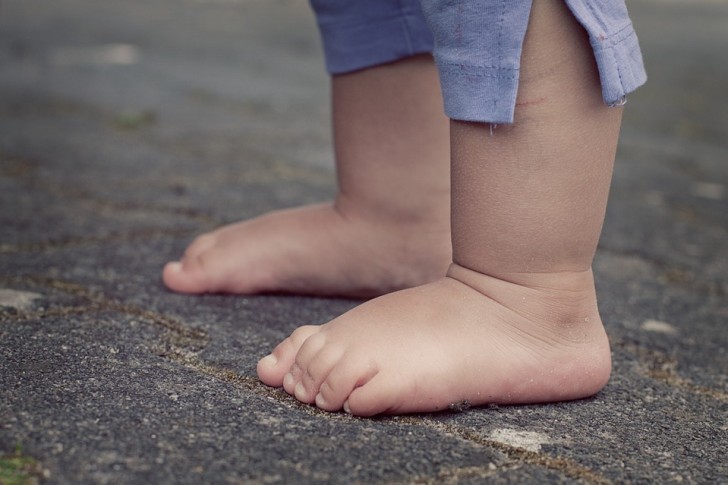
An expert in posture says in regards to the practice of making even the smallest children wear shoes: "At birth, the foot of a newborn is not a miniature version of that of an adult. It is not made of bones but of cartilage and in order for the 28 main bones that make up the foot to calcify, it takes years. The process, in fact, will only be completed towards the end of adolescence, which is why it is essential to know what kind of footwear to buy and, above all, when to wear it."
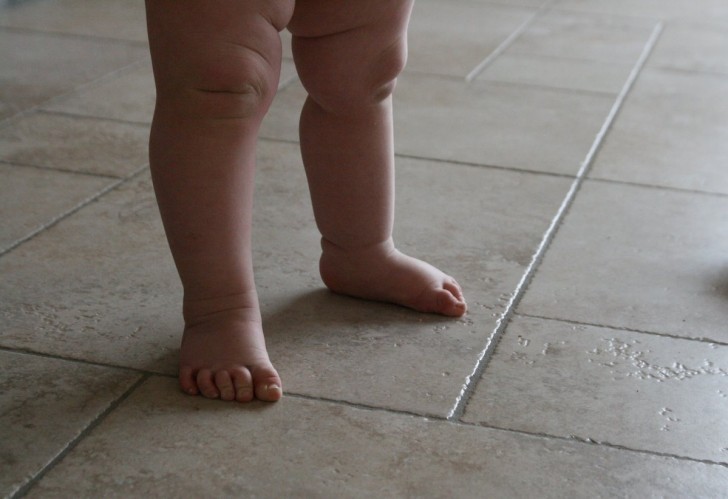
Furthermore, the spokesman of the Society of American Podiatrists also talks about not always considering shoes necessary: "It is true that we must consider the environment in which the child walks because no one wants a child to step on dog excrement on the sidewalk or have a foot cut by a piece of glass. However, from a functional point of view, shoes should not be considered necessary, in fact, they are more likely to cause damage than good."
Here are seven more good reasons to limit children's use of shoes.
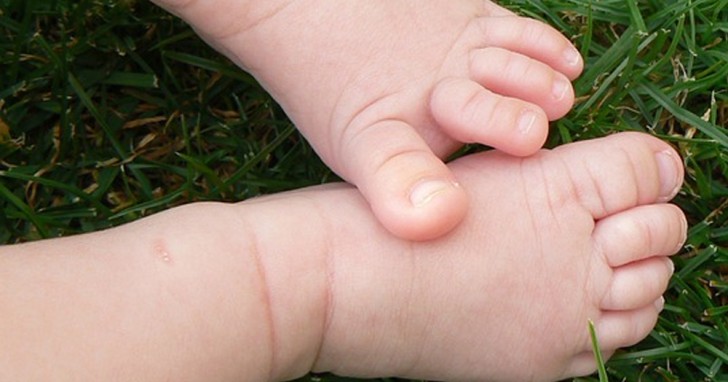
1. Correct plantar arch development: The risks related to having flat feet are reduced.
2. Stronger muscles: A weak foot is at the base of problems related to posture and in general to the skeleton. Avoiding shoes when possible is a way to train and strengthen the muscles of the foot, that are otherwise immobilized.
3. Greater protection against the development of mycoses: Feet that are free of shoes and socks are feet that can breathe.
4. Better balance: When a foot is without shoes, the toes are more active and develop a larger degree of freedom. All this translates into greater and better balance.
5. Exploration of the world through the sense of touch: Touch is one of the first senses that ignites a child's curiosity. A child's entire body surface is active in the first years of life when a child starts to get to know the world in which it lives. To deprive children of developing the sense of touch in their feet means to limit their possibility of exploration.
6. Greater development of proprioception, or the ability to process information about the orientation of our body in our environment or space.
7. Children who are more aware: More stimuli means a greater development of the cognitive skills. A study conducted by the University of Madrid has shown that all this transmutes later in life into greater intelligence.


